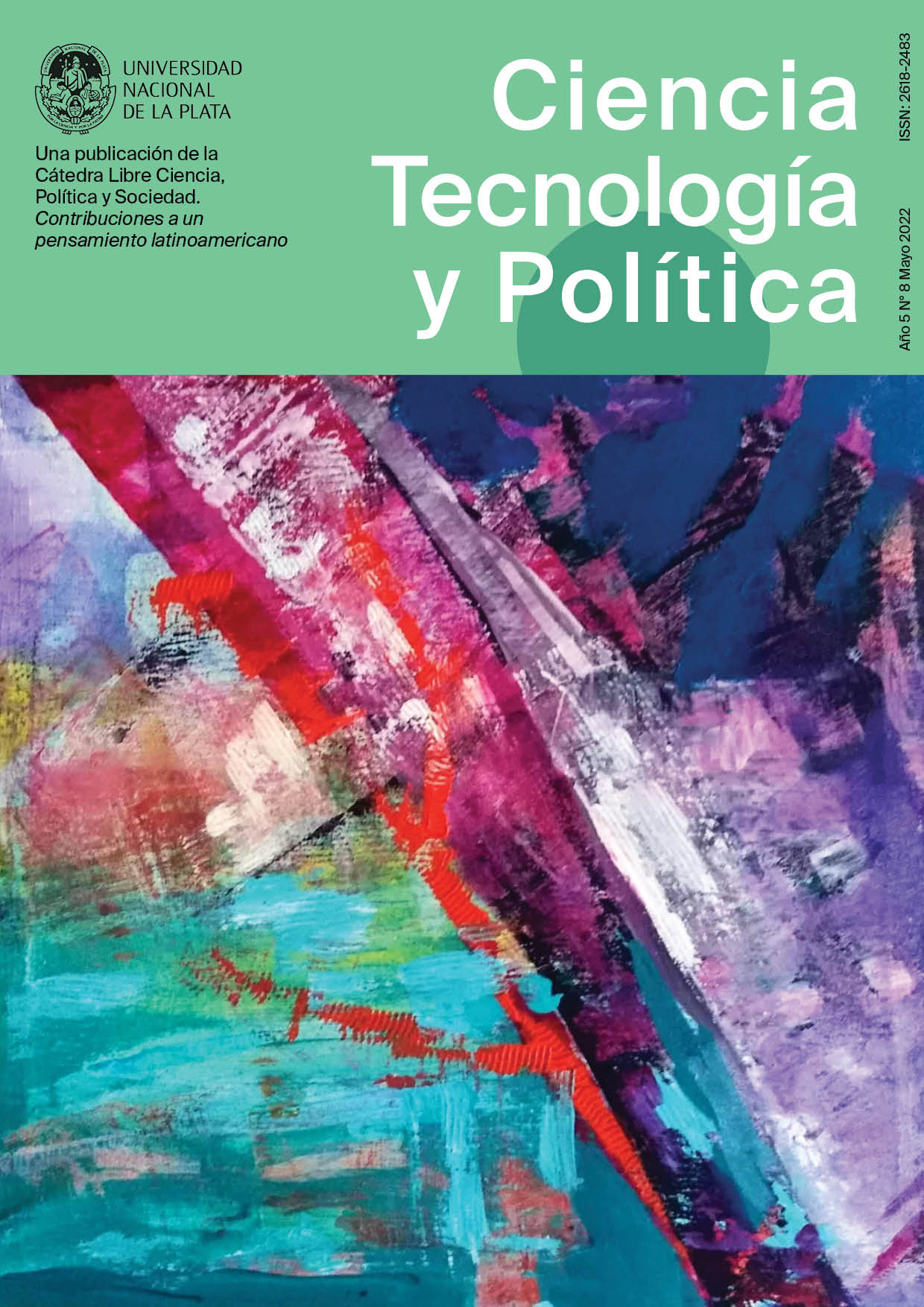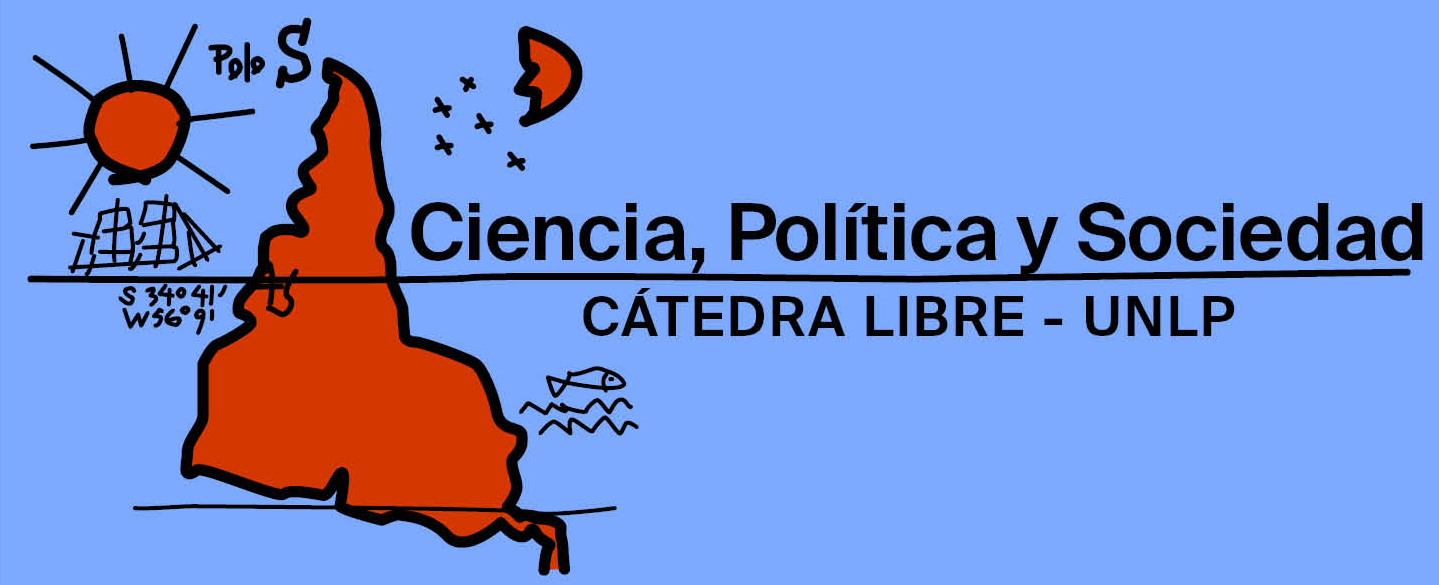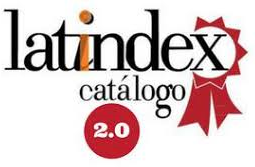Where is the Argentine software industry headed?
DOI:
https://doi.org/10.24215/26183188e072Keywords:
Software and information services, Industrial policy, Productive specialization, Knowledge economy, Economic developmentAbstract
The characteristics of the Argentine software industry are analyzed within the framework of its insertion in global value chains and the role of the incentives set by the two main promotion policies of the sector. On the one hand, the Software Law that governed between 2004 and 2019, promoted and guided the pattern of productive and commercial specialization of this industry, in accordance with the requirements of the global outsourcing of computer services. On the other hand, the current Knowledge Economy Law tends to strengthen this specialization instead of encouraging structural change processes in the software sector. In this framework, it is concluded that the orientation of public policies, although it has promoted the growth of turnover, employment and "export of capacities" of the sector, has not produced a transversal effect on the productivity of the national industry. Finally, some proposals are presented that could help to reorient the productive and commercial profile of the sector.
Downloads
Metrics
References
Barletta, F.; Pereira, M.;Yoguel, G. (2014). Impacto de la política de apoyo a la industria de software y servicios informáticos (Documentos de trabajo No 4). CIECTI.
Barletta, F.; Suárez, D.;Yoguel, G. (2017). Diálogo para la política CTI en el sector de software en Argentina. Orígenes, evolución y desafíos del FONSFOT como herramienta de promoción sectorial. En G. Dutrénit y J. M. Natera (Eds.), Procesos de diálogo para la formulación de políticas de CTI en América Latina y España. CLACSO.
Cámara Argentina de la Industria del Software (s.f.). Reportes. Recuperado el 3 de marzo de 2022 https://cessi.org.ar/opssi-reportes-949/index.html
Carrizo, E. (2019). Políticas orientadas a misiones, ¿son posibles en la Argentina? Ciencia, tecnología y política, 2(3), 027.https://doi.org/10.24215/26183188e027
Chaminade, C.; Vang, J. (2008). Globalisationofknowledgeproduction and regional innovationpolicy: Supportingspecializedhubs in the Bangalore software industry. ResearchPolicy, 37(10), 1684-1696. https://ideas.repec.org/a/eee/respol/v37y2008i10p1684-1696.html
Christiansen, H.;Oman, C. P.; Charlton, A. (2003). Incentives-basedCompetitionforForeign Direct Investment: The Case ofBrazil.OECD WorkingPaperson International Investment, 2003/01. OECD Publishing. http://dx.doi.org/10.1787/631632456403
De Alto, B. P. (2020). Sustituyendo el futuro. Ciencia, tecnología Y política, 3(5), 045. https://doi.org/10.24215/26183188e045
Foro de Competitividad de Software y Servicios Informáticos (2004). Libro Azul y Blanco. Plan Estratégico de Software y Servicios Informáticos (2004-2014). Ministerio de Economía y Producción.
Gereffi, G.; Humphrey, J.; Sturgeon, T. (2005). Thegovernanceof global valuechains. Reviewof International PoliticalEconomy, 12(1), 78-104. https://doi.org/10.1080/09692290500049805
Kleinknecht, A. (1998). Islabourmarketflexibilityharmfultoinnovation? Cambridge JournalofEconomics, 22(3), 387-396. https://www.jstor.org/stable/23600309
Kleinknecht, A.;Schaik, V. N, F.; Zhou, H. (2014). Is flexible labourgoodforinnovation? Evidencefromfirm-level data. Cambridge JournalofEconomics, 38(5), 1207-1219. https://doi.org/10.1093/cje/bet077
Ley N°27.506 de 2019. Régimen de Promoción de la Economía del Conocimiento. 10 de junio de 2019. Boletín Oficial de la República Argentina N° 34.132
Loray, R. P. (2016). La política científica, tecnológica e innovación de Argentina: Una lectura a partir de la implementación del Fondo Argentino Sectorial en 2009 (Tesis de posgrado). Universidad Nacional de Quilmes. https://ridaa.unq.edu.ar/bitstream/handle/20.500.11807/207/TM_2016_loray_001.pdf
Mazzucato, M. (2021). Missioneconomy. A moonshot guide tochangingcapitalism. Allen Lane Publishers.
Ministerio de Hacienda y Finanzas Públicas. (2016). Informes de cadenas de valor. Software y servicios informáticos (No 12).
Moncaut, N. C. (2019). Objetivos públicos y privados en el desarrollo económico territorial: El caso del clúster de software de Tandil (Tesis de Maestría en Desarrollo Económico). Universidad Nacional de San Martín.
Moncaut, N.;Baum, G.; Robert, V. (2021). ¿Qué industria de software promovemos y cuál necesitamos?Realidad económica, 51(340), 77-102. https://ojs.iade.org.ar/index.php/re/article/view/156
Moncaut, N., Robert, V.;Yoguel, G. (2017). Modalidades de inserción en cadenas globales de valor. Tres casos de estudio en Pymes argentinas del sector de software y servicios informáticos. Pymes, Innovación y Desarrollo, 5(3), 3-22. https://revistas.unc.edu.ar/index.php/pid/article/view/19658
Oman, C. P. (1999). Policycompetitionforforeigndirectinvestment. OECD Development Centre.
Parthasarathy, B.;Aoyama, Y. (2006). From Software Servicesto R&D Services: Local Entrepreneurship in the Software Industry in Bangalore, India. Environment and Planning A, 38(7), 1269-1285. http://dx.doi.org/10.1068/a38102
Rabosto, A.; Zukerfeld, M. (2019). El sector argentino de software. Ciencia, tecnología y política, 2(2), 021. https://doi.org/10.24215/26183188e021
Published
How to Cite
Issue
Section
License
Copyright (c) 2022 Nicolás Moncaut, Gabriel Baum, Verónica Robert

This work is licensed under a Creative Commons Attribution-NonCommercial-ShareAlike 4.0 International License.
The authors whose texts are published in this Journal surrender their ownership rights in favour of the editor in a non exclusive manner, i.e. the authors can enter into other independent and additional contracts to publish their text, e.g. including it in an institutional repository, thematic or otherwise, publish it in a book, or others, as long as it is overtly stated that the work was first published in this Journal.
The responsibility for each published paper as regards its content relies exclusively on its authors, holding the editors harmless for any legal liabilities.
The texts of the Journal shall be published under the Creative Commons 4.0 BY-NC-SA license. Therefore, the editors are free to:
1) Share, copy and redistribute the material using any means or format.
2) Adapt, remix, transform and create from the material, under the following conditions:
a) Attribution — credit to this work must be given in an appropriate manner, providing a link to the license and indicating if changes have been made.
b) Non-Commercial Use — no use may be made of the published material for commercial purposes.
c) Share Equal — Authors remixing, transforming or creating from the material must distribute their contribution under the same license as the original.




































